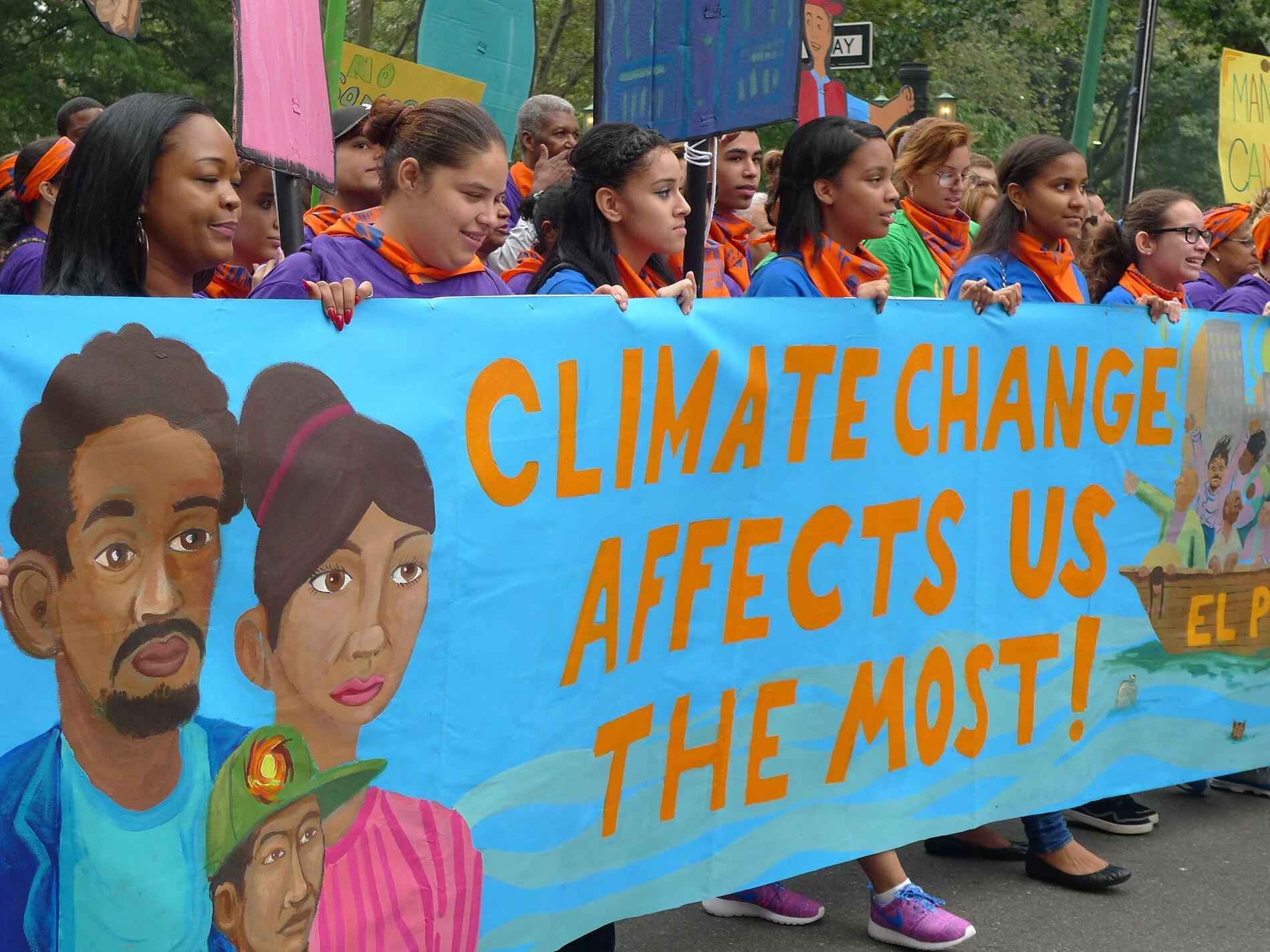As we navigate the complex landscape of climate change in 2025, artificial intelligence (AI) has emerged as a powerful ally in our fight against environmental degradation. From smart energy systems to predictive analytics for disaster response, AI is reshaping how we approach climate adaptation and mitigation. However, as these technological advancements accelerate, a critical question looms: who truly benefits from these AI-driven climate solutions?
Read MoreClimate change is no longer a distant threat; it is a present-day crisis disproportionately impacting vulnerable communities and businesses. Among the most affected are Black-owned businesses in the United States, which face a dual burden: heightened exposure to climate risks and systemic financial barriers that hinder adaptation and resilience.
Read MoreClimate change is not an equitable crisis. Across the United States and globally, Black and underrepresented communities are disproportionately affected by rising temperatures, extreme weather events, and environmental degradation. These communities often reside in areas with higher exposure to climate risks, such as urban heat islands, flood-prone neighborhoods, and industrial zones with high pollution levels. Despite being on the frontlines of climate change, they remain excluded from climate finance opportunities - the very funding mechanisms intended to support adaptation, resilience, and clean energy solutions.
Read MoreBlack History Month ordinarily evokes a specific set of images, stories, events, and figures—but there’s no reason why every aspect of American history can’t be turned into its own reflection of Black history. In an era dominated by revisionist history, Black History Month prompts us to use that revision for good. Reconceptualizing the trajectory of events in what is traditionally called the “environmental movement” is one place to start.
Read MoreClimate change intensifies extreme weather events like hurricanes, floods, and heatwaves. Black communities, particularly those in low-income areas, are more vulnerable due to inadequate infrastructure, limited resources, and historical disinvestment. But the story of Black Americans and the climate crisis is not solely a story of despair. It is important that we in the climate justice movement recognize the contributions of Black Americans to the climate justice movement, and I will recognize a few in detail.
Read More




